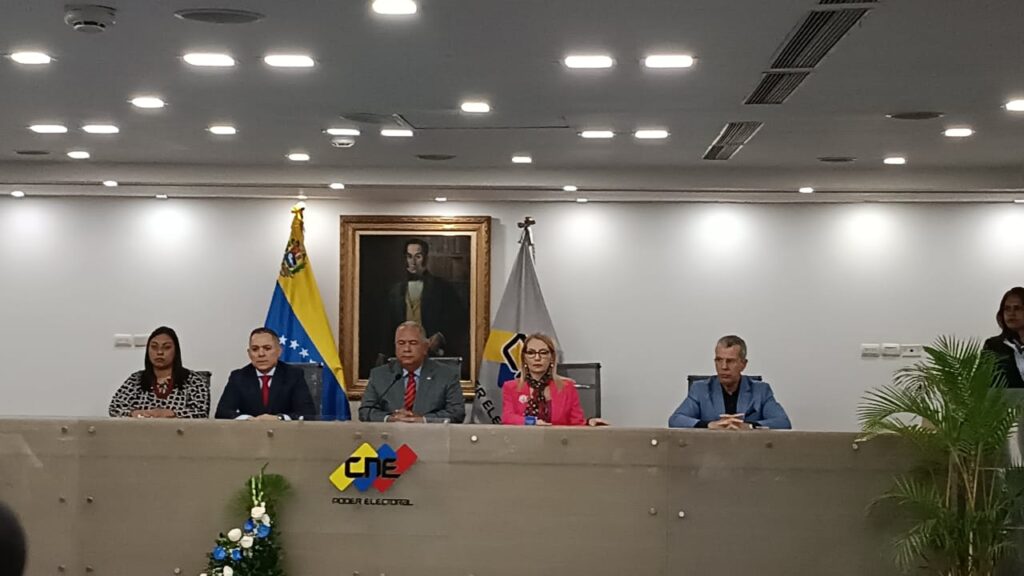What If Another Sort of Transition Is Happening In Venezuela?
Maduro’s new crackdown could be ending the traditional type of opposition politics, consolidating his regime and making the need for a new type of opposition more urgent.
Today, on the official date of Hugo Chávez’s death (March 5th), the Maduro government calls for a presidential election to be held on Hugo Chávez’s birthday (July 28th). It’s a bad juju cult.

Venezuela’s National Electoral Council announced that the presidential election will be held on July 28th, Hugo Chávez’s date of birth. The Electoral Registry will close on April 16th and the inscription of candidates will be from March 21st to 25th, giving the opposition only 20 days to decide on its “substitute candidate” dilemma – considering María Corina Machado is still banned from running for office.
Maduro’s new crackdown could be ending the traditional type of opposition politics, consolidating his regime and making the need for a new type of opposition more urgent.
While the regime could contemplate a sham transition, led by another Chavista or a friendly “opposition” figure, Maduro is not willing to transfer the presidency. But a Nicaragua-like strategy could end up bursting its regime’s tensions
“Canaima de carne y huesos”, a recently published book by Jesús Piñero and Valeria Pedicini, tells the story of human rights violations in Canaima National Park.
The Barbados Agreement, through its enshrinement of the Chavista legal apparatus, is full of traps for the opposition. But, by not wasting its recently-found leverage, the opposition can still move forward.
All six arguments presented by the Maduro regime were dismissed. The investigation on crimes against humanity will continue
While valuable public art is falling apart, Caracas mayors install cartoon sculptures to image-wash their governments.
After a prolonged drought of international tourism in Venezuela, there are signs that the industry is slowly recovering.